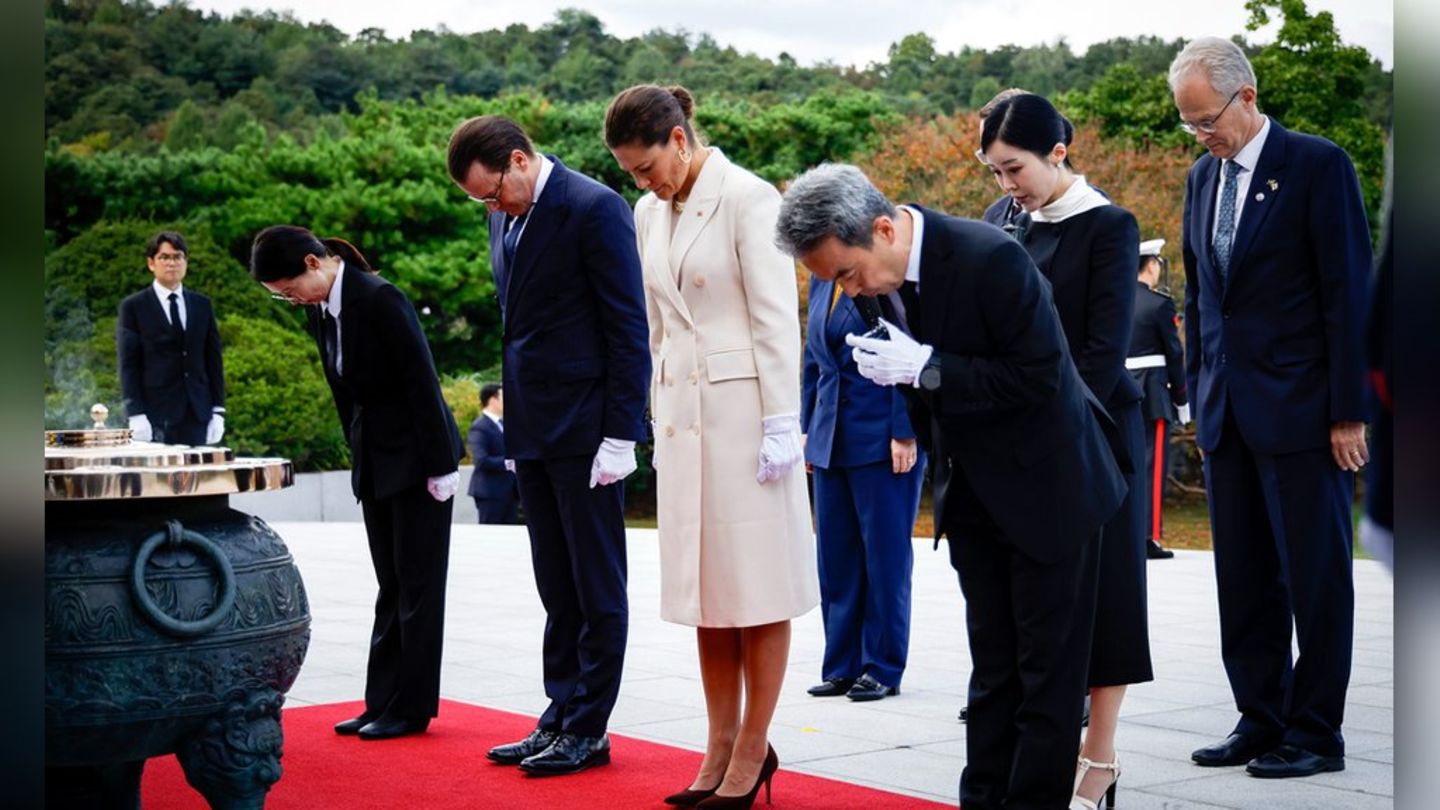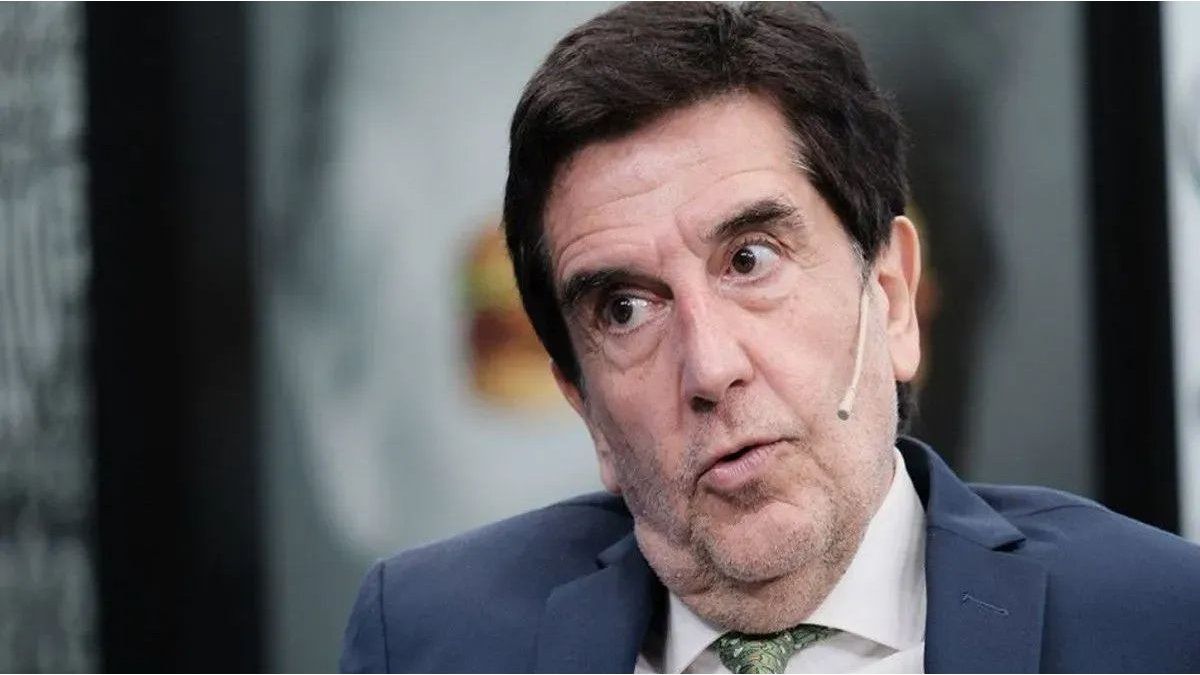The start of the Alpine World Cup in Sölden will be dominated by off-piste topics – once again. The women’s race briefly caused enthusiasm, but the president of the world association caused irritation.
In the end, sport was just a secondary matter again. A small climate protest, the first disqualification as a result of the new fluorine ban, further discussions about the race calendar and finally the cancellation of the men’s giant slalom.
Accompanied by a lot of noise, the Alpine Ski World Cup in Sölden started the new season. The Swiss Lara Gut-Behrami won the women’s giant slalom in a hundredth thriller. On Sunday, wind thwarted the Austrian Marco Schwarz, who was in the lead, and brought the off-piste issues back into focus.
“It is very frustrating for us that the sport is taking such a backseat,” said the alpine director of the German Ski Association (DSV), Wolfgang Maier. More than 30,000 spectators flocked to the glacier over the weekend. Sunshine, excellent track conditions and sugar-coated slopes all around delivered the images the organizers had hoped for on Saturday. But overall there was more talking than driving.
Maier: Fis President’s move “suspect”
Of all people, the world association president himself reignited the discussion about the early start to the season. “I also don’t understand who is interested in ski racing in October and why we ski on glaciers without snow,” said Johan Eliasch in a report on the TV station ORF. He hopes that the Austrian association (ÖSV) would be open to moving the races in Sölden to the back. Maier found the Fis President’s initiative “suspicious.” Especially since he wasn’t even personally present in Tyrol.
The ÖSV is definitely willing to hold the Sölden classics a little later. In the current calendar, however, the new Matterhorn races, pushed by Eliasch himself, are planned for November. The Sölden organizing committee also considers the weather conditions on the Rettenbachferner at the end of October to be more reliable. The debate is likely to continue for quite some time.
Another topic that is now occupying the ski scene is the implementation of the new fluorine ban. The Norwegian Ragnhild Mowinckel is the first athlete to suffer this fate. The World Cup bronze medalist was disqualified after the first round of the giant slalom. The value measured on her skis was too high. Fluorine wax is prohibited in the preparation of the boards from this season onwards; the maximum permitted value is 1.8.
Climate activists blocked access
Until recently, the tests were not considered 100% reliable and therefore caused uncertainty among the athletes. Mowinckel’s skis were also said to have received the green light during an inspection two days earlier. Her supplier called the 31-year-old’s disqualification a “disaster”.
The environmental debate that had been heated up in advance did not completely ignore the start of the skiing. Three climate activists from the Last Generation group briefly blocked access to the Rettenbachferner. Their protest was not directed against the World Cup, but against the Austrian government’s climate policy, as a statement said. But it fit into the image that the ski scene is currently portraying – and is increasingly putting pressure on it.
Quite a few protagonists recently complained that alpine sports had to be used as a scapegoat for a lot of things. The discussions are also not in-depth enough and are often conducted with little background knowledge. One thing is clear: the ski racers are at the beginning of another difficult season.
Source: Stern
I am Pierce Boyd, a driven and ambitious professional working in the news industry. I have been writing for 24 Hours Worlds for over five years, specializing in sports section coverage. During my tenure at the publication, I have built an impressive portfolio of articles that has earned me a reputation as an experienced journalist and content creator.




